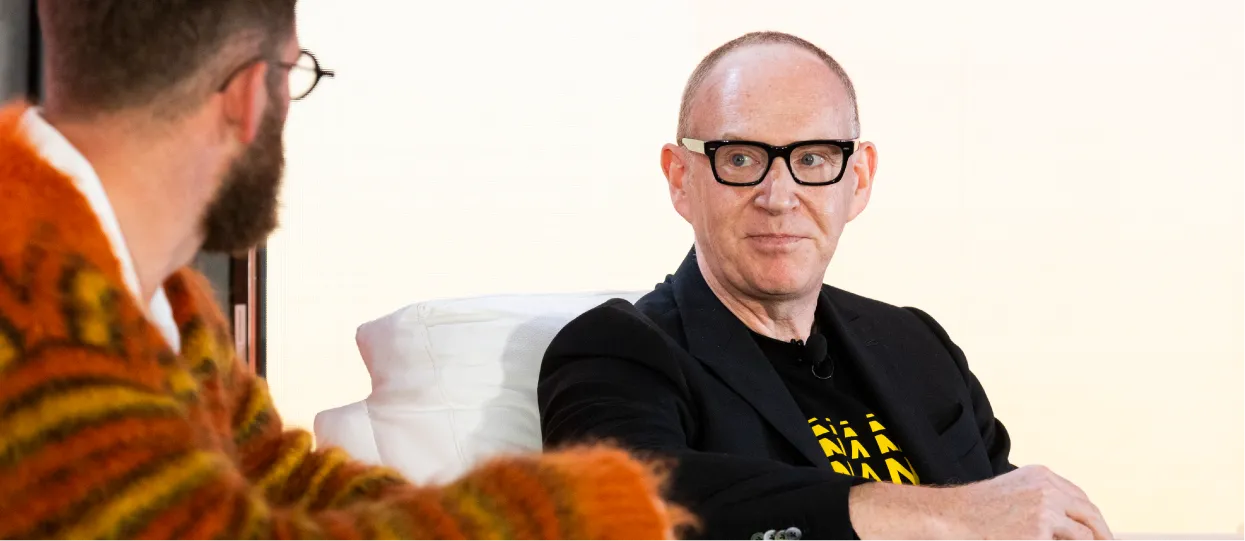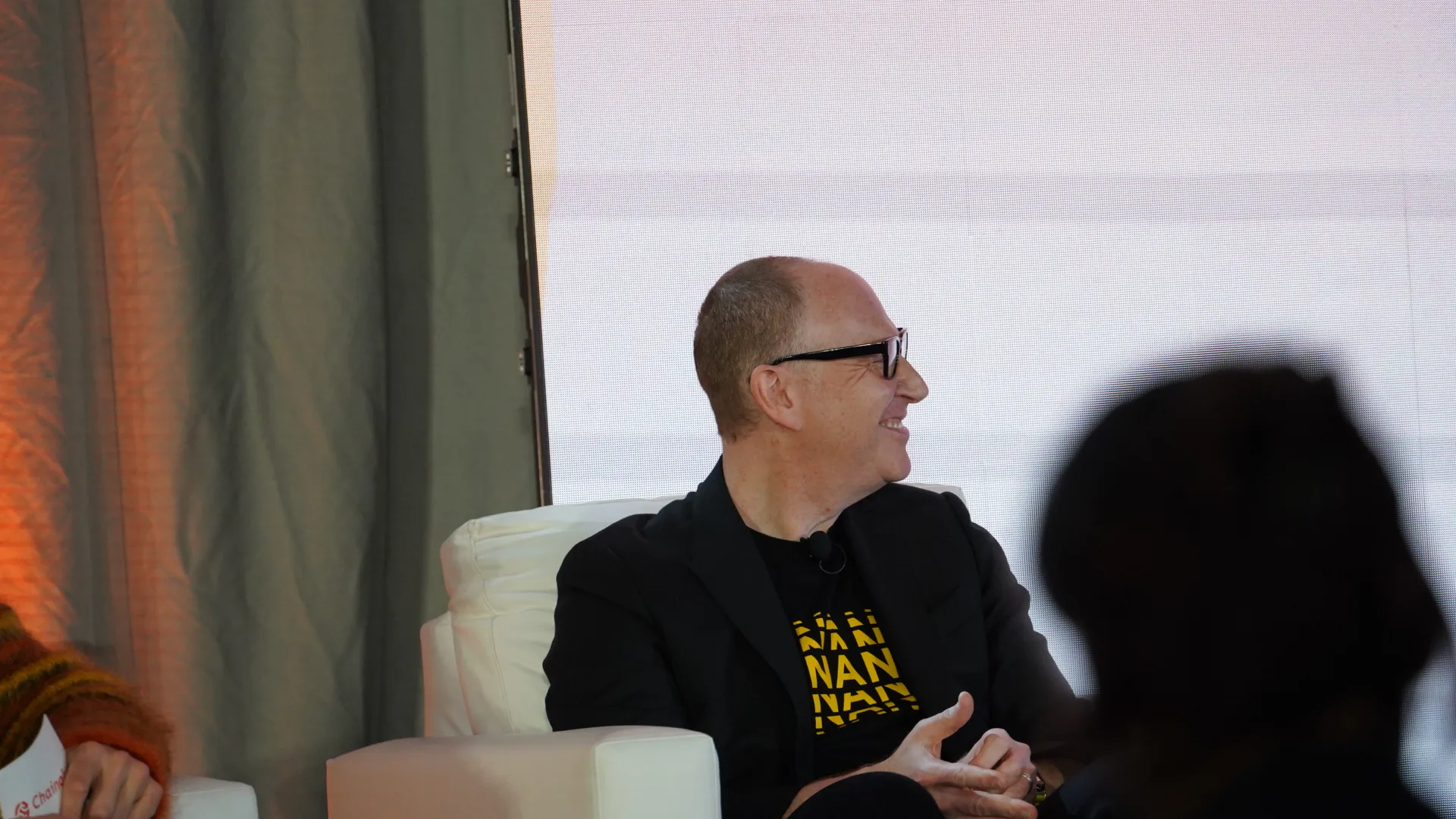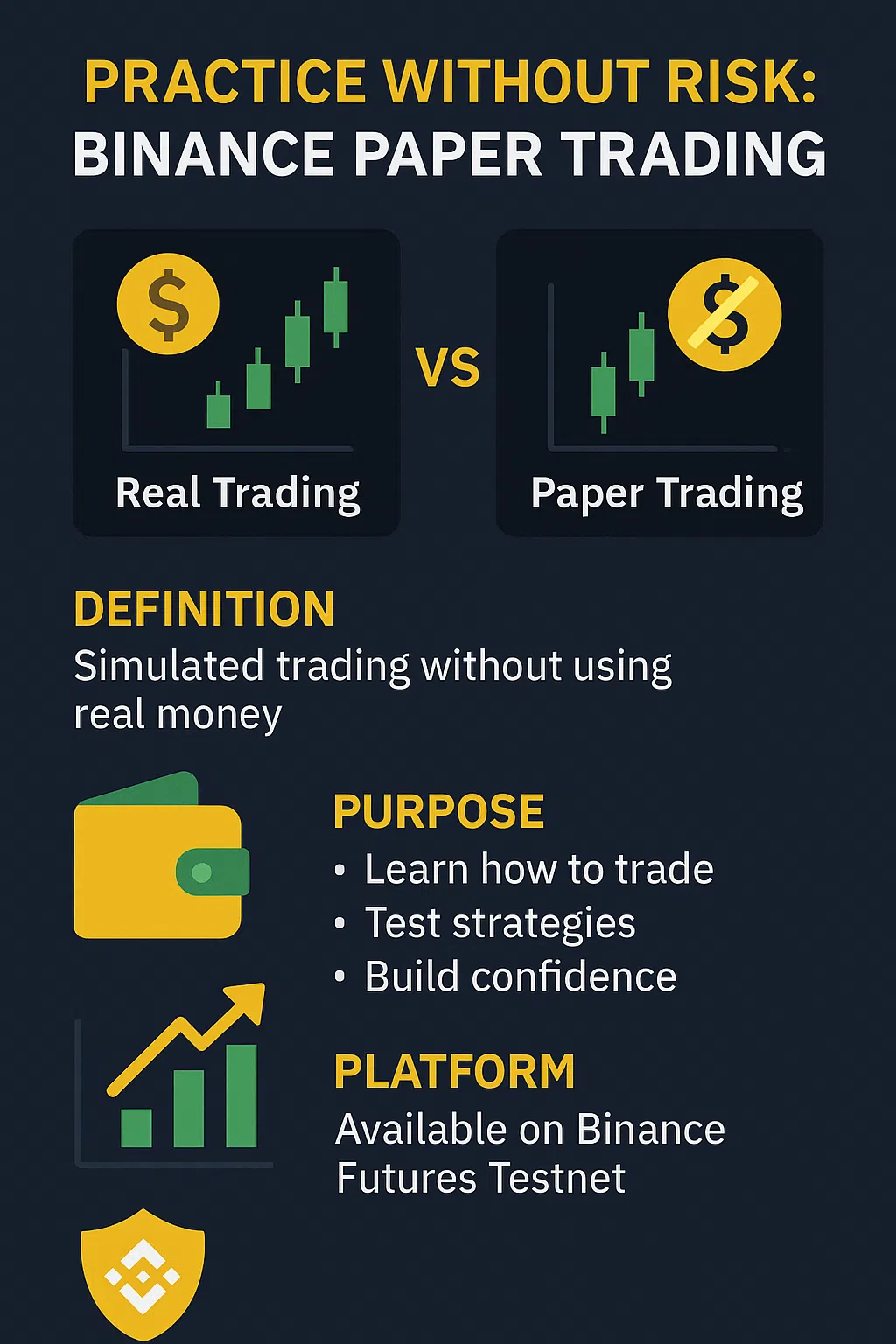It will be a thing of ease to discover who leads compliance at Binance, so learn about the Binance Chief Compliance Officer, their role, responsibilities, and how they ensure global crypto regulations are met, if you just tag along with this guide.

Being the chief compliance officer when it comes to Binance is not just seeming like a big deal but rather one, as this is one of the largest cryptocurrency exchanges in the world that operates in a global landscape where regulations vary widely between countries.
In finding such complexities and ensuring that the company complies with both local and international laws, Binance relies on its Chief Compliance Officer. But who is Binance’s Chief Compliance Officer, and why is that role so crucial?
Noah Perlman is a seasoned compliance professional who leads the compliance operations of Binance. He has amassed several years of experience in financial regulations.
Until joining Binance, Perlman was in key positions in various financial institutions and worked extensively on anti-money laundering and counter-terrorism financing measures.
Perlman was appointed to Binance in 2023, bringing several years of experience in leading compliance and regulatory management.
His leadership is dedicated to helping Binance improve its compliance measures, work effectively with regulators, and be compliant to the highest level legally and in terms of security.
What Does the Binance Chief Compliance Officer Do?
The role of the Chief Compliance Officer at Binance is multivariant, involving a mix of regulatory oversight, strategic planning, and internal governance. Key Responsibilities:
1. Ensuring Regulatory Compliance
The CCO ensures that Binance complies with the laws and regulations of every country where it operates. This includes adhering to:
- Anti-Money Laundering (AML) regulations.
- Understanding Your Customer’s Requirements
- CTF measures
2. Risk Management
The CCO identifies prospective compliance risks and puts measures in place to reduce those risks. This would encompass the monitoring of transactions for suspicious activity as well as proper reporting mechanisms.
3. Liaising with Regulators
One of the most important functions and responsibilities of a CCO is working with regulators and government agencies. The task involves the following:
- Relationship-building with the financial authorities.
- Response to regulatory inquiries.
- Keeping Binance updated on new laws and guidelines.
4. Internal Training and Awareness
The CCO leads a team for training of Binance staff on protocols for compliance, right from the executive team to customer support, to understand and follow the rules.
5. Driving Technological Solutions
Considering the technology-driven nature of Binance, the role of the CCO involves extensive interaction with engineering and product teams to deploy technical solutions to compliance, including automated AML and KYC.
Why is Compliance Vital to Binance?

Some countries adopt cryptocurrencies; others have strict restrictions or even bans. Operating worldwide means navigating a complex web of regulations, and a suitable compliance framework is needed, due to reasons like:
1. Building User Trust
Following the regulations means making the users feel safe, knowing their money and personal information are secure.
2. Avoid Legal Issues
Failure to comply may bring fines, restrictions, or even bans within particular jurisdictions.
3. Expansion
Compliance could open up new markets for Binance and make it easy to work with traditional financial players.
What are the Challenges Faced by the Binance CCO?
Every uphill surely has a down one, and this is no different with the Binance upwork, due to:
1. Regulatory Uncertainty
Cryptocurrencies are still a relatively new asset class, and regulations are in constant evolution. The CCO must stay ahead of the game.
2. Global Scope
Binance operates in more than 180 countries, each with its own set of rules.
3. Balancing Innovation and Compliance
Binance is known for rapid innovation, which sometimes runs counter to the slower pace of regulatory frameworks.
4. Public Perception
Binance has faced criticism in the past for alleged regulatory lapses, making the CCO’s role even more scrutinized.
How Binance is Enhancing Compliance?
This can be affirmed in ways like:
1. Increased Transparency
Binance has taken steps to improve transparency by publishing regular reports and updates about its compliance efforts.
2. Partnerships with Regulators
The platform actively collaborates with the financial authorities to develop clear and fair regulations for the crypto industry.
3. Advanced Technology
Binance uses advanced tools like blockchain analytics and AI-driven compliance systems to monitor transactions and detect suspicious activities.
4. Global Compliance Team
Under the CCO’s leadership, Binance has scaled up its compliance team by hiring experts from different industries to make sure the framework is strong enough.
Why is the Binance CCO is a Key Figure in Crypto Regulation?
The Chief Compliance Officer isn’t just important to Binance; it is a role that sets a precedent for the entire cryptocurrency industry.
As governments around the world ramp up their oversight of crypto platforms, what happens at Binance from its CCO can trickle down into how regulators frame up the industry as a whole.
By showing it’s committed to compliance, Binance’s CCO helps frame one very important narrative: that cryptocurrency exchanges can be a responsible and ethical business.
Wrapping Up
In this journey, the role of the Chief Compliance Officer is pivotal. The CCO at Binance is much more than a gatekeeper for rules but a strategist who strikes a balance between innovation and responsibility.
Through ensuring compliance, the CCO allows Binance to expand its offerings, venture into new markets, and lead the charge in making cryptocurrencies accessible to all.
For Binance users, this is a good thing one can be assured their funds and data are safe because someone like Noah Perlman, a chief compliance officer, has their back.
To regulators, it’s a signal that Binance wants to play by the rules, while for the crypto industry in general, this proves that compliance and innovation don’t have to be enemies.
As Binance continues to grow and evolve, the role of a CCO will only become more important. It is not just about keeping pace with regulations but about shaping up the future of finance.
Strong leadership at the helm of compliance places Binance in an enviable position to bridge the gap between the decentralized world of crypto and the structured world of traditional finance.






